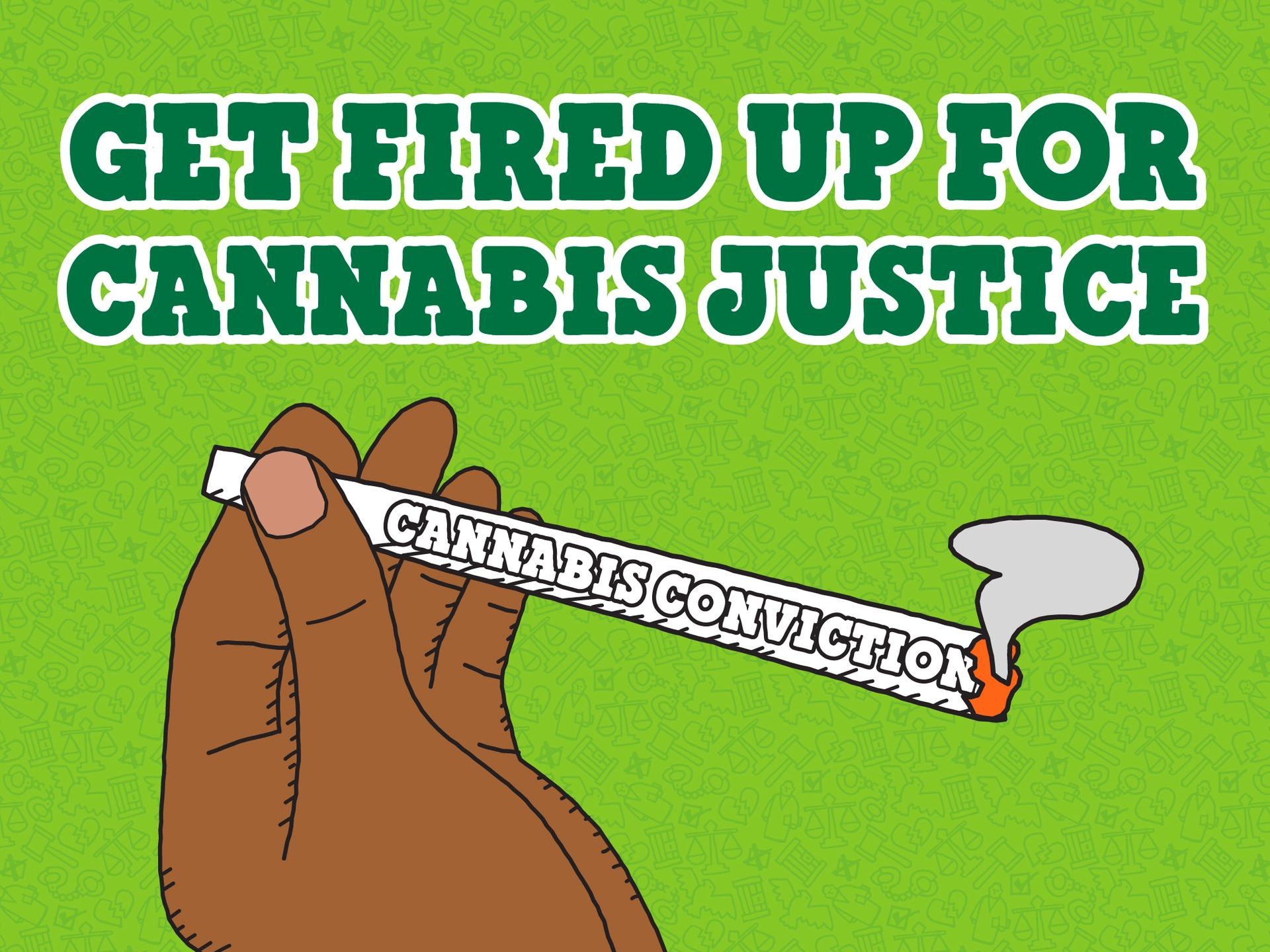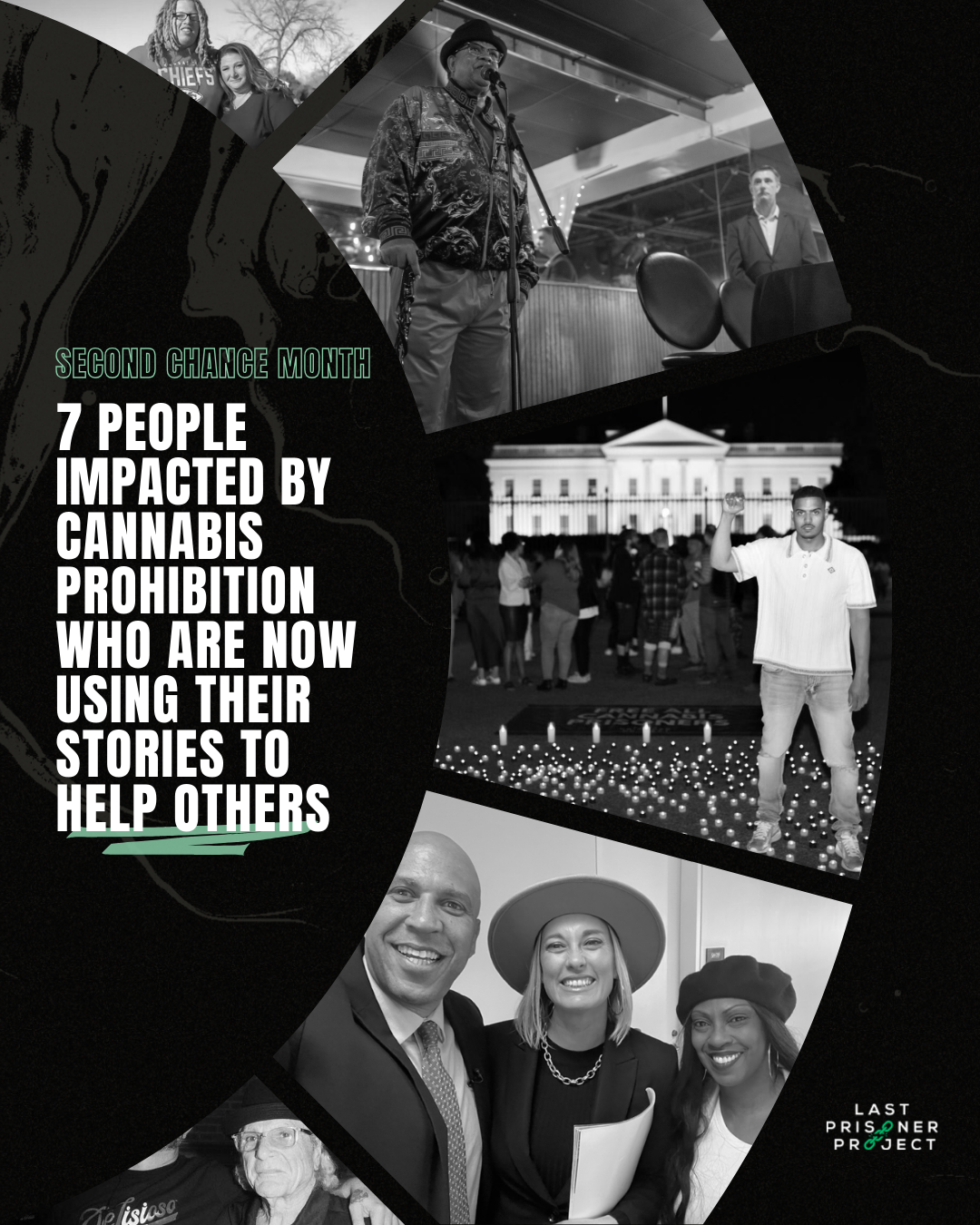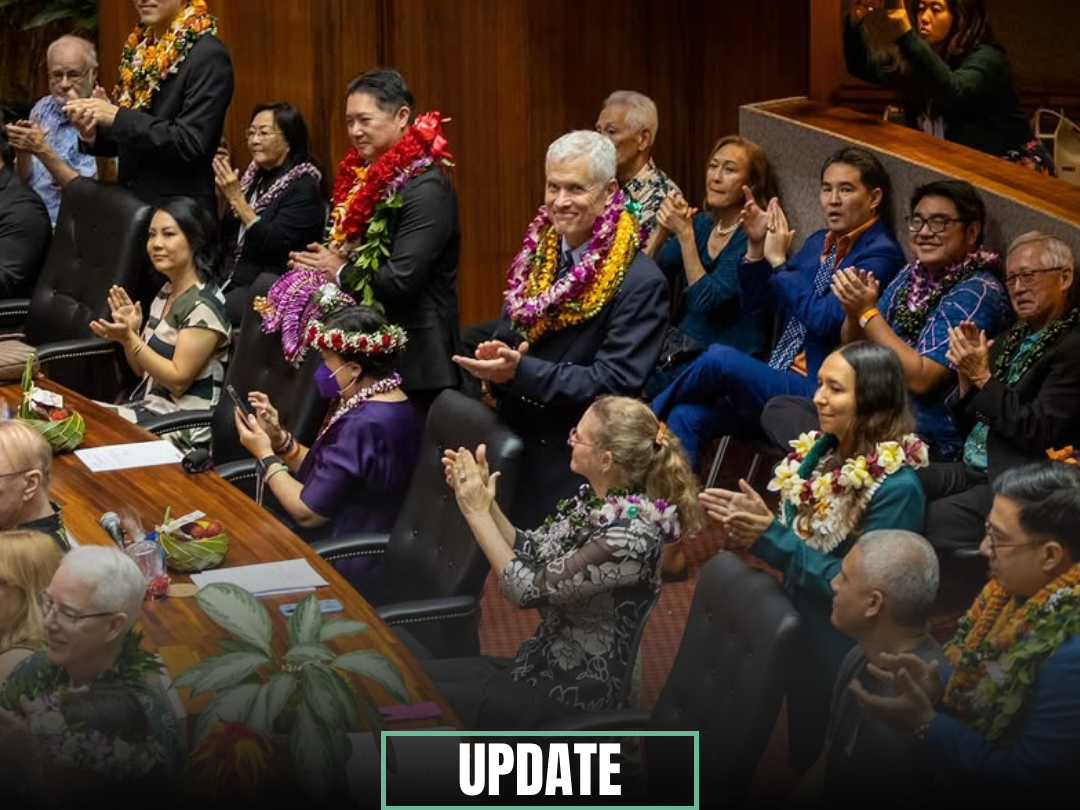Last Prisoner Project Applauds Minnesota for Passage of HF 100
On May 20th, Minnesota’s cannabis legalization bill, House File (HF) 100, was sent to Governor Tim Walz’s desk for his signature. The bill passed the House and Senate earlier this month after making it through over a dozen committees.
Throughout the bill’s careful consideration, the Last Prisoner Project (LPP) provided lawmakers with feedback and is thrilled to see that the final version includes provisions for both of our core policy priorities:
state-initiated record clearance and resentencing.
The state-initiated record clearance process outlined in HF 100 provides essential relief for individuals harmed by the War on Drugs. By initiating the expungement of cannabis offenses rather than requiring individuals with records to petition for it, Minnesota is enacting an evidence-based policy in line with the new national standard of states that legalize: nearly every state that has repealed prohibition in the past three years has done so with state-initiated record clearance. Upon implementation, Minnesota will expunge many misdemeanor cannabis records, and its newly created Cannabis Expungement Board (Board) will also consider nonviolent felony cannabis records for expungement.
In addition to the state-initiated record clearance process, it is commendable that the Board will also consider cases for resentencing through a state-initiated process. Upon implementation, the Board will review cases of individuals still serving sentences for cannabis-related felony convictions. If any of these individuals are serving terms for nonviolent cannabis convictions or cannabis offenses that now carry lesser charges, their cases will be considered for sentence modification or release. We applaud the work of advocates and legislators in Minnesota for this landmark policy.
We are pleased to see that HF 100 included our recommendation to require data reporting. This is an essential form of accountability to ensure that the expungement and resentencing processes are implemented in a timely and effective way. Data reporting and transparency enables monitoring of implementation progress, to determine whether the impact of the policies is realized. Many other states have struggled to assess and share the status of implementing their legalization-related record clearance and resentencing provisions.
If HF 100 is signed into law, Minnesota will emerge as a national champion on cannabis justice reform by enacting
state-initiated
processes to redress the harms of prohibition. By putting the onus on the state to provide necessary relief, rather than on the individual eligible for it, the government is holding itself accountable for the origins of prohibition and righting its wrongs.
Governor Tim Walz has 14 days to sign the legislation, and has pledged that he will do so, likely next week. We have enjoyed supporting the legislative champions and advocates in passing this bill and look forward to further supporting Minnesota as it implements HF 100. We applaud the state for crafting a data-driven cannabis policy that centers both justice and public safety, and encourage other states to follow Minnesota’s lead.
About Last Prisoner Project
The Last Prisoner Project, 501(c)(3), is a national nonpartisan nonprofit focused on the intersection of cannabis and criminal justice reform. As the United States moves away from the criminalization of cannabis, giving rise to a major new industry, there remains the fundamental injustice inflicted upon those who have suffered criminal records for cannabis. Our team of system-impacted individuals, policy experts, racial and social justice advocates, celebrities, lawyers, and cannabis industry leaders works to end this fundamental injustice. Through policy campaigns, direct intervention, and advocacy, LPP works to redress the past and continuing harms of unjust cannabis laws.






